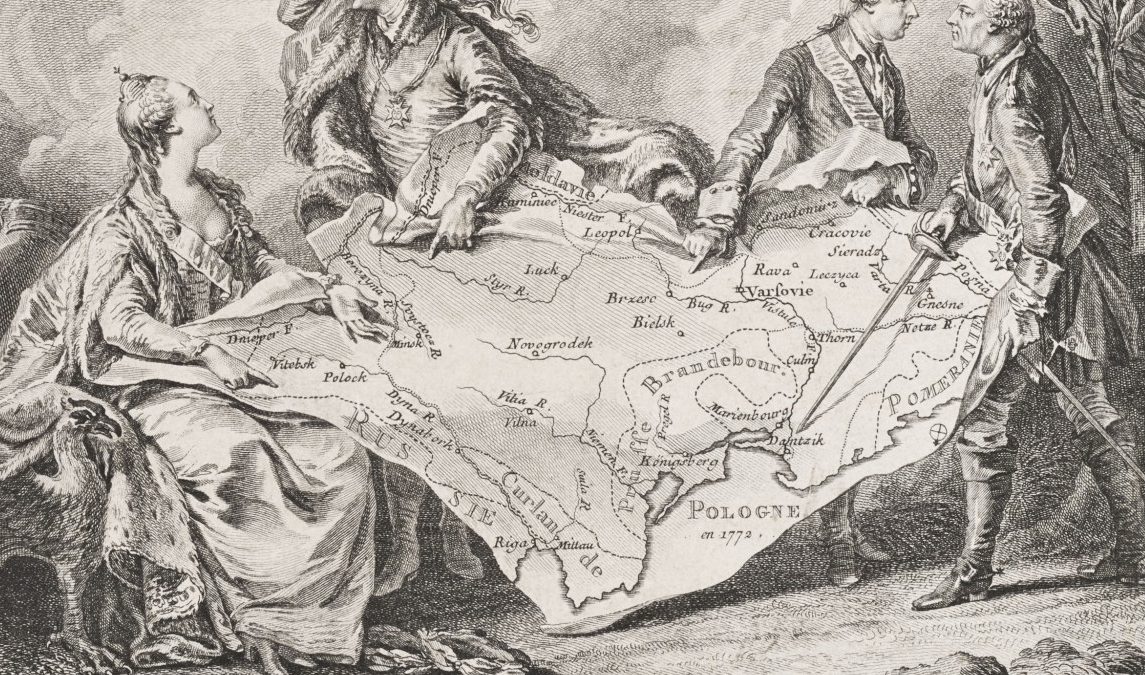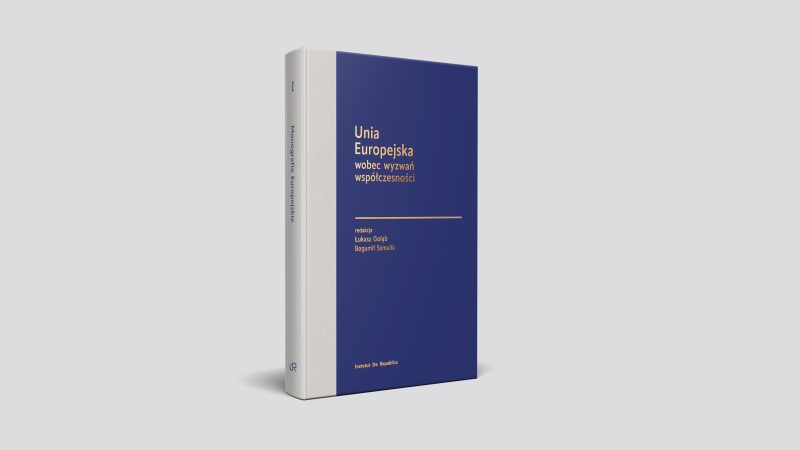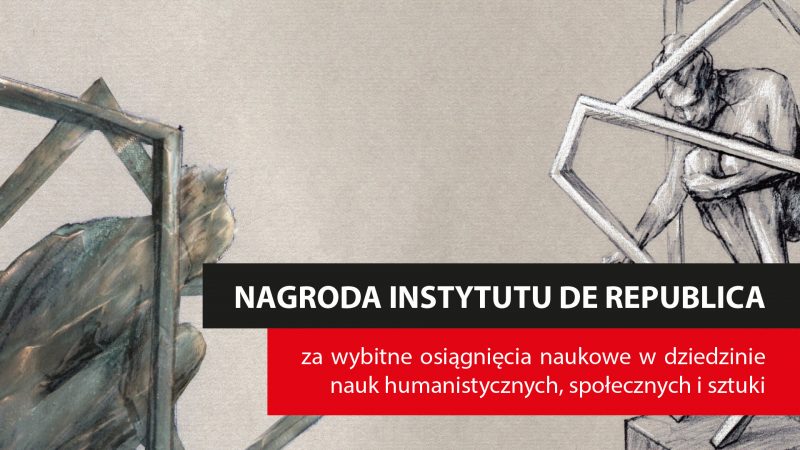Why do we need independence?
On 22-24 June 2022, an international conference “Why do we need independence?”, organised by the Institute De Republica in connection with the 250th anniversary of the first partition of the Republic of Poland, will be held in Warsaw.

The anniversary provides good opportunity to pose a number of questions. First and foremost is the question of who is to blame, thus where and when was the idea of partition originated? When considering this issue, it is impossible to avoid the question of whether the partitioning of the state among its neighbours was quite natural, in the era of the reign of monarchical dynasties, which did not require recourse to sophisticated justifications? It is also impossible to escape the question as to whether the citizens of the Republic of Poland did contribute to the tragic end of their state, since that issue was the subject of perhaps the fiercest debate in Polish historiography. And finally, it is not possible to avoid the question of the reaction to the partition by those concerned, i.e., the citizens of the Republic of Poland. Whether they reconciled with it, or whether the partition resulted in a conviction that the situation could no longer remain unchanged and profound systemic reforms were necessary.
The debate will be divided into three thematic fields. The first one will focus on issues concerning the history of diplomacy and international relations in the era of the first partition of the Republic of Poland. The second one, entitled “The partition of the Republic of Poland and the way we think about international order”, will consider the changes that the first partition of the Republic of Poland caused in thinking about the nature of international relations. Moreover, it is worth considering the revaluation of contemporary views on the so-called the law of nations. The lecturers will also refer to the fears aroused by the partition, noticeable in small European states, regarding their further existence, threatened by arbitrary decisions of the superpowers seeking territorial compensations even without invoking their participation in armed conflicts. The third one, entitled “The shock of the partition: partition and national public opinion”, will focus on the reactions of the citizens of the Republic of Poland to the undoubted shock caused by cutting off significant parts of the territory of the state, which was not at war with its neighbours. The lecturers will consider in which areas of political life, legislation and education the partition accelerated the processes of modernisation and reforms.



